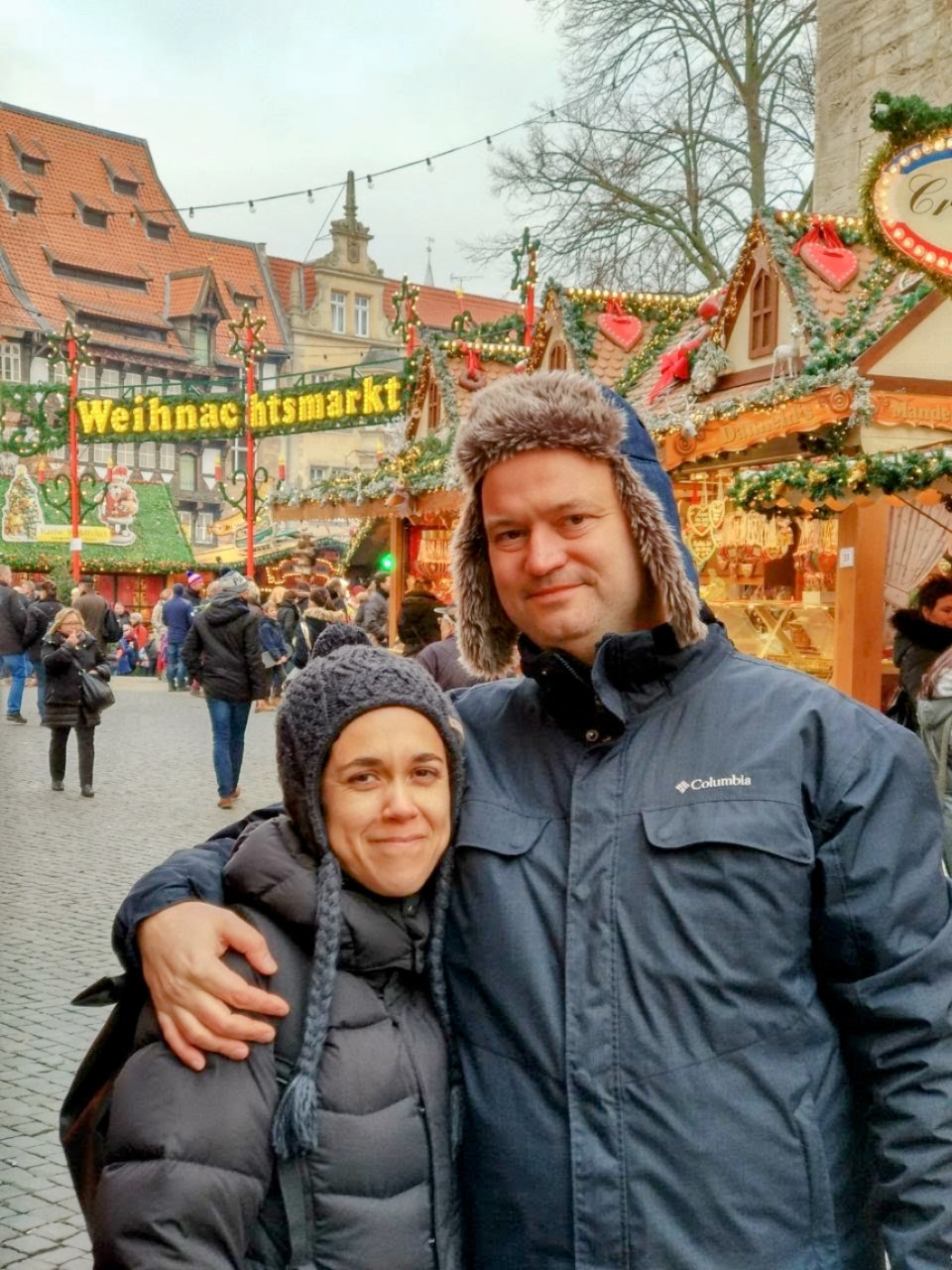Cultural identity is a journey, isn’t it? It’s not simply something we’re born with, but something we actively shape and nurture throughout our lives. It’s the sense of belonging to a particular culture or group, deeply influenced by our language, traditions, values, beliefs, customs, and history. Understanding our cultural identity allows us to connect deeper with our heritage and enhances our self-awareness.
Our cultural identity also enriches the world, adding to the diversity of perspectives, ideas, and practices. It’s a dynamic, evolving part of who we are—something we don’t just inherit, but live and grow with daily.
Our cultural identity also enriches the world, adding to the diversity of perspectives, ideas, and practices. It’s a dynamic, evolving part of who we are—something we don’t just inherit, but live and grow with daily.

I. Cultural identity is a journey we shape together.
As someone who grew up in Bogotá and chose to build a life in Germany, I often find myself reflecting on how my cultural identity has evolved. Moving to a new country wasn’t just about adapting to a new way of life, it was about integrating the two worlds I belong to: my Colombian roots and German immersion. And honestly, it hasn’t always been easy, but I’ve never felt like I had to choose between the two.
When I think about my daughter, growing up in Germany but with a mother from Colombia, I realize how important it is that she understands where she comes from—not just her German heritage, but the richness of her Colombian background too. That’s where I believe integration truly happens, from both sides. It’s not about losing part of who we are, but about uniting those pieces honoring our past and present.
When I think about my daughter, growing up in Germany but with a mother from Colombia, I realize how important it is that she understands where she comes from—not just her German heritage, but the richness of her Colombian background too. That’s where I believe integration truly happens, from both sides. It’s not about losing part of who we are, but about uniting those pieces honoring our past and present.
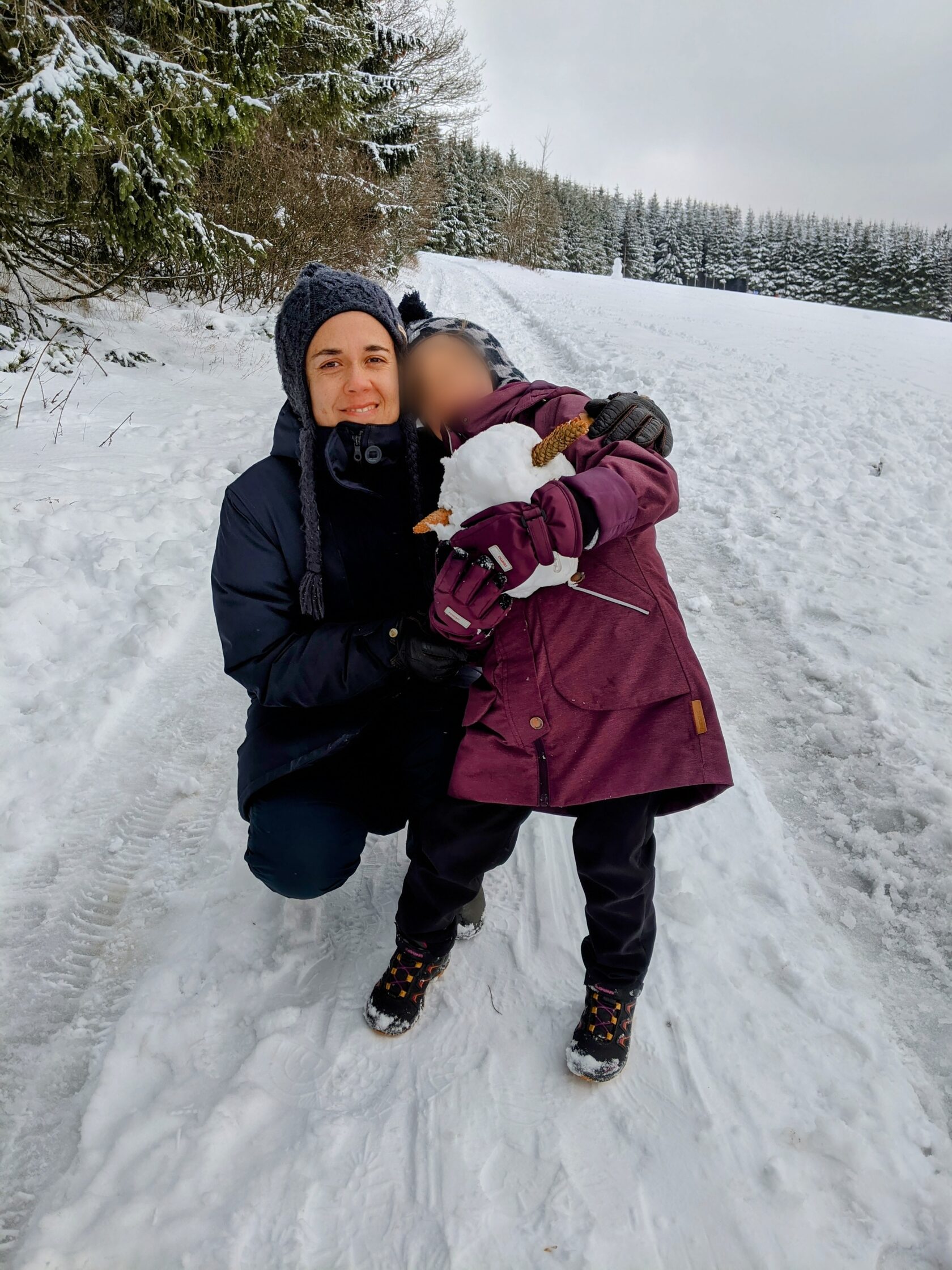
I remember arriving in Germany and immersing myself in the language, traditions, and culture. Eleven years later, when my daughter was born, I knew I wanted her to grow up bilingual, embracing her Colombian and German roots. From the start, I spoke to her in Spanish, while her dad in German. It felt natural for us, though I could sense the subtle pressure to blend in, to conform more fully to the dominant culture, especially when it came to communication. There seemed to be this expectation that we should speak German, especially in public. But for me, holding onto my language wasn’t just about communicating—it was about preserving a part of my identity and passing it on to my daughter. I willingly immersed myself in the new culture, choosing the parts I loved most from both worlds. It’s been about blending these elements in a way that feels truer to who we are, rather than having to choose one over the other.
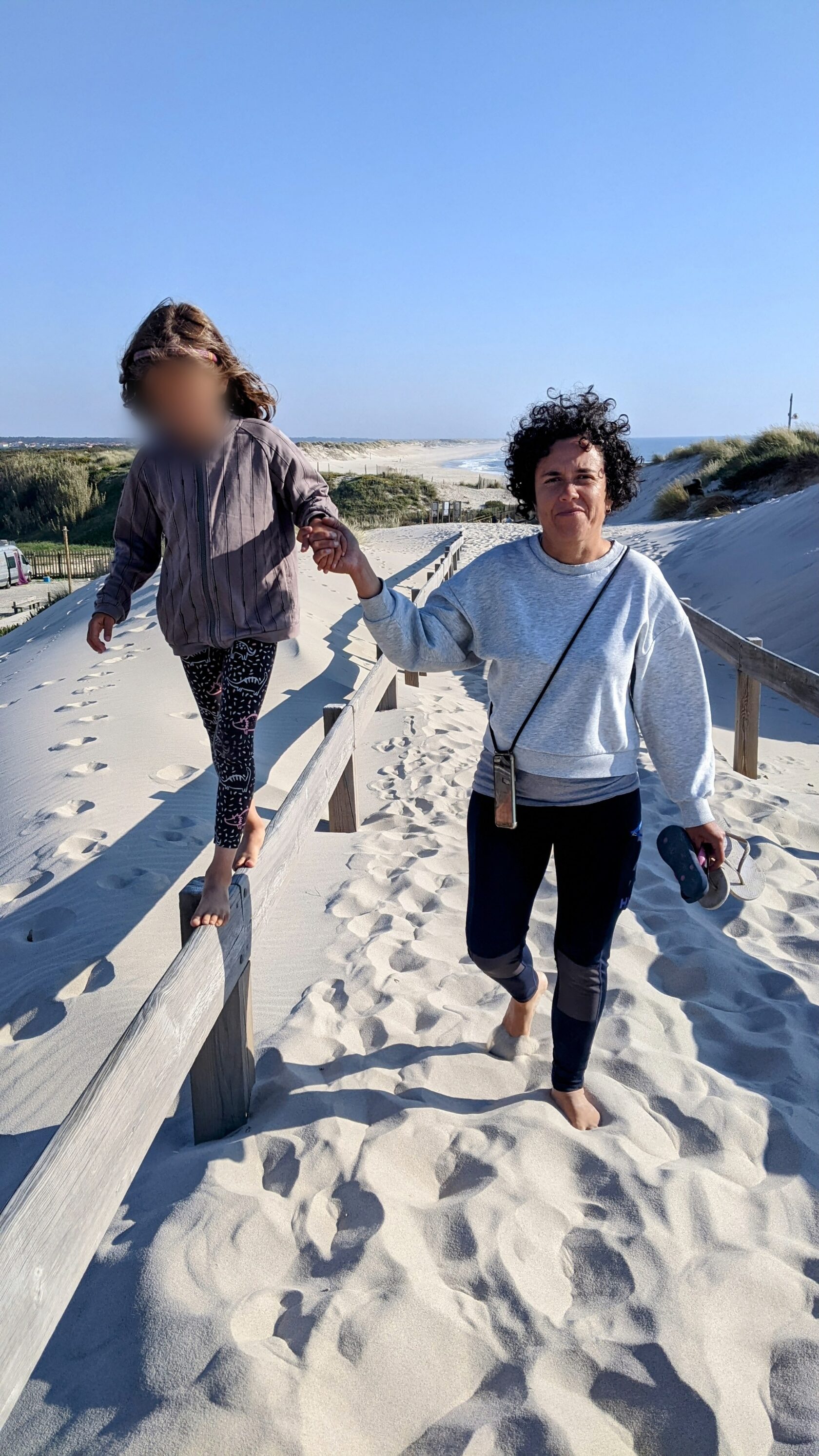
II. Our stories are at the heart of our identity.
Our cultural identity, in so many ways, is shaped by our stories. The stories we tell ourselves, the ones we share with others, and the ones passed down from our families. For me, it was how my parents instilled resilience and joy in me, even during difficult times. In Colombia, we celebrate life with music, food, and togetherness, no matter the circumstances. When I moved to Germany, I carried those values with me. Naturally, there were new customs to embrace—like celebrating Christmas over three days, even though I’m not religious, as well as a love for orderliness, and a deep respect for personal space and punctuality, which are so important in German culture. I’ve grown to appreciate and incorporate these aspects into my everyday life. I’ve always held on to my Colombian openness and hospitality. Warmly welcoming others into my home and staying connected with friends and family remains central to who I am.
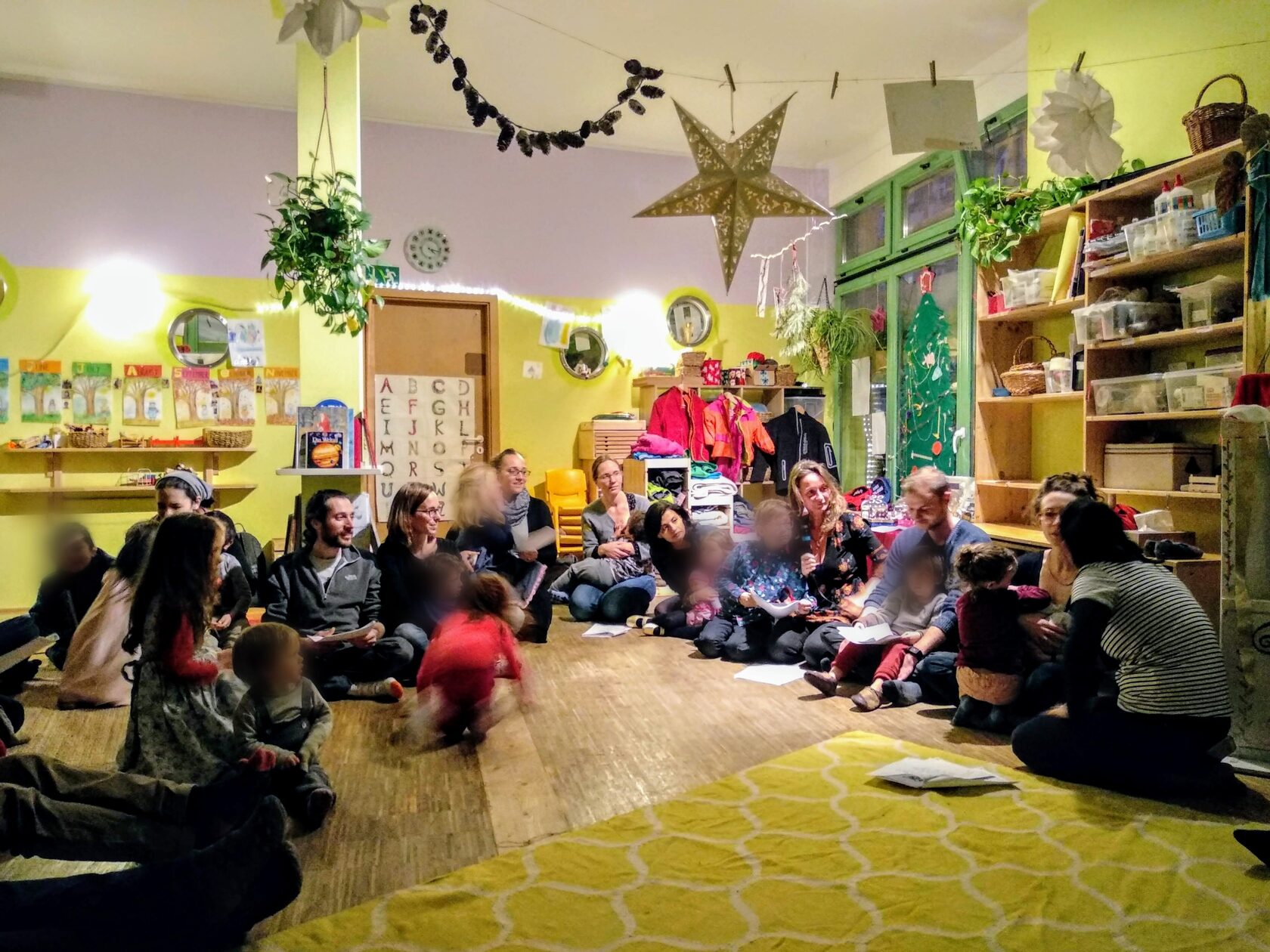
III. Integration is about blending, not choosing.
What I’ve learned over the years is that cultural identity doesn’t have to be static—it grows with us. Each day, I discover new ways to weave the old with the new. One day, I’m sharing the beauty of a German Christmas market or celebrating the Lantern Fest by roasting Stockbrot with my daughter, and the next, we’re in the kitchen preparing traditional Colombian dishes like arepas or a hearty ajiaco, using ingredients we find here in Germany. Like in my childhood, Sunday mornings often begin with scrambled eggs and warm arepas. These moments allow me to share my culture with her, blending both worlds seamlessly. It’s all part of the same story now—honoring where we come from while embracing where we are.
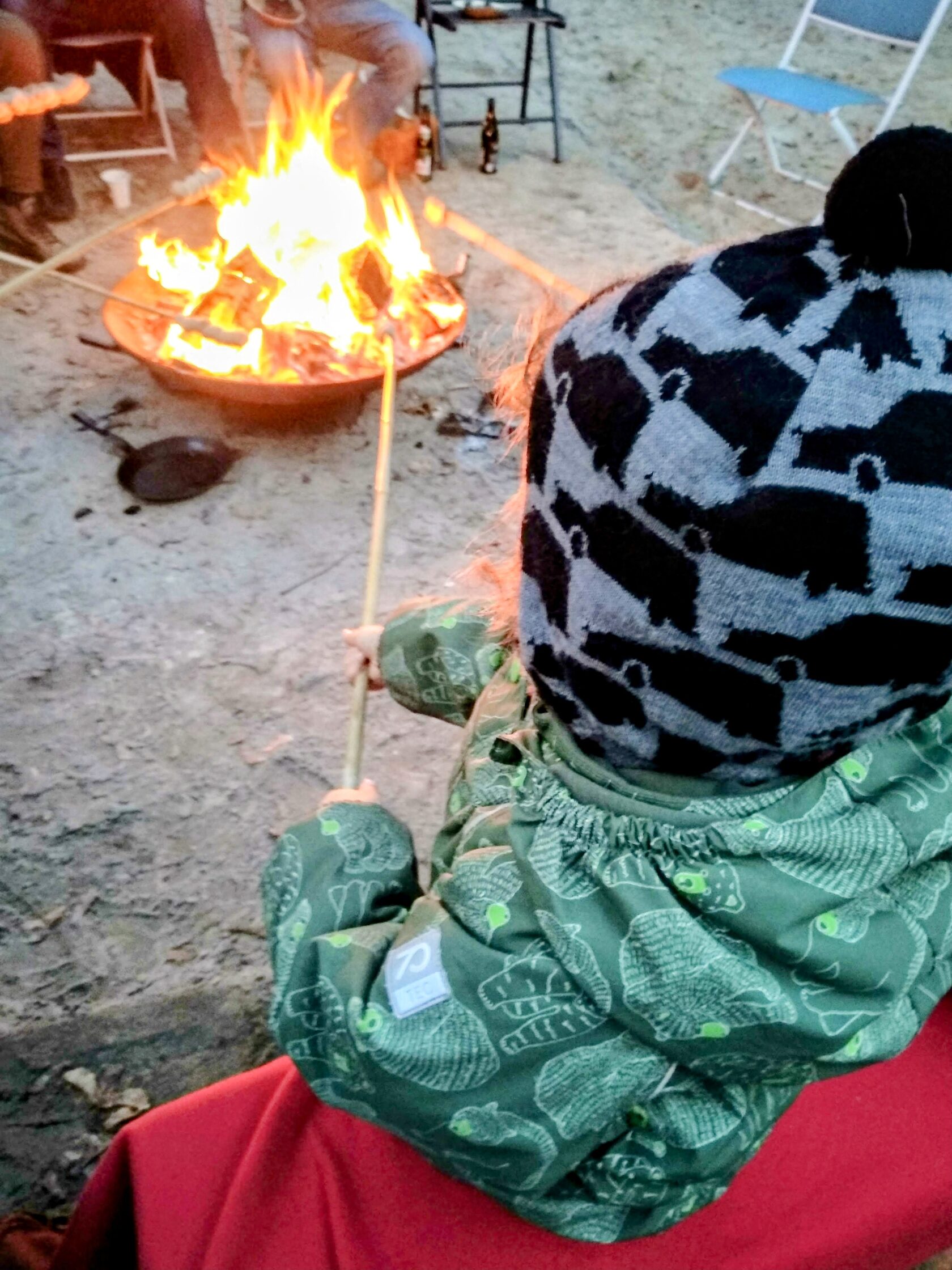
Yet, challenges do exist, especially with globalization. Cultures are constantly blending, which is wonderful, but it can sometimes feel like pieces of what makes us unique are getting lost.
How do we hold on to those precious traditions that make our heritage special while embracing the new?
What do you think about this balance between preserving and adapting?
I’ve found that reflecting on my history, on our collective history, helps keep me grounded. When we reflect on where we come from—like flipping through an old photo album—it’s not just about nostalgia. It’s about understanding who we are, what has shaped us, and how we can move forward with intention. Every photo and every memory is a piece of a larger puzzle that helps us grow.
Which experiences from your past have influenced how you view the world today?
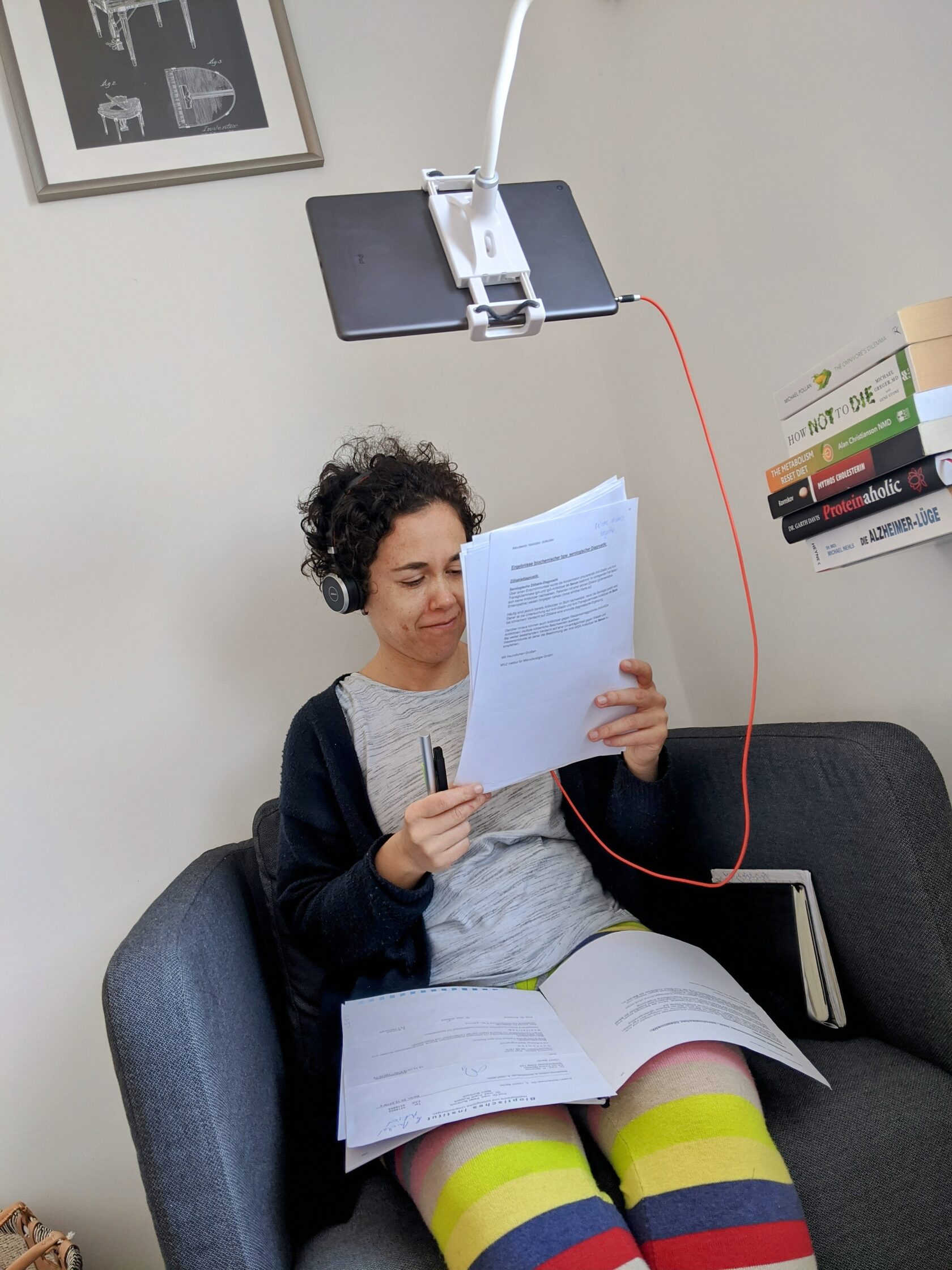
IV. Honoring where we come from enriches where we are.
I believe we’re all on a path of integration—whether it’s between cultures, experiences, or even different parts of ourselves. Preserving and celebrating our cultural identity is key to that process, as it allows us to hold on to what makes us unique while embracing the new. What actions can we take today to ensure we're learning from our past, embracing the present, and shaping a future that honors all parts of who we are? For me, it’s about being open to the stories, the lessons, and the journey itself—whether it’s preserving our cultural identity while living in our home country or allowing it to evolve as we integrate into a new one. In my case, it’s about finding ways to celebrate my Colombian roots and my immersion and integration into the German culture.
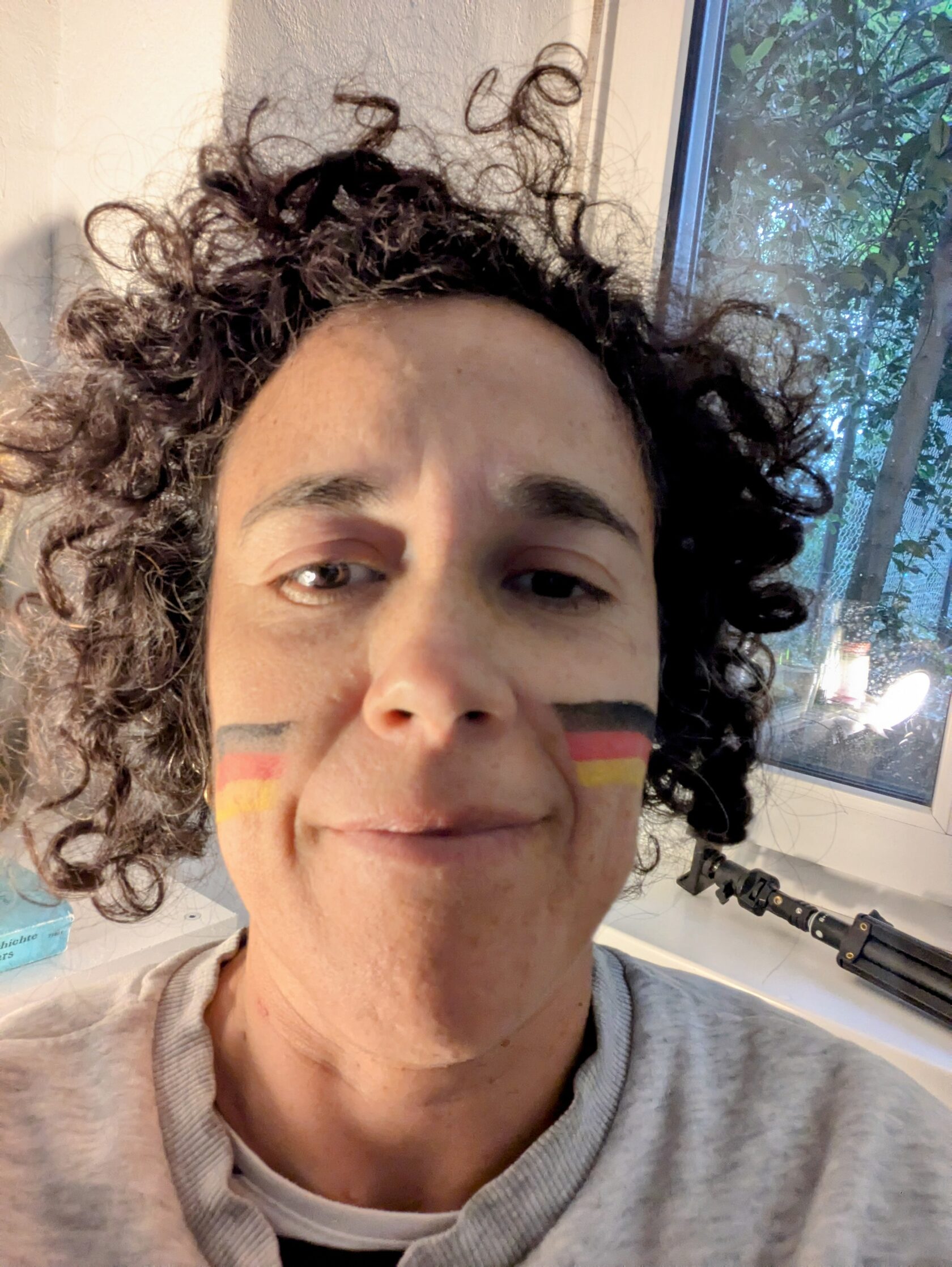
When our cultural identity evolves, it doesn’t mean we lose it. Instead, it grows and adapts to new experiences, influences, and environments. It’s an expansion, not a loss. While we might adopt new customs and traditions, the essence of who we are and where we come from remains unchanged.
How do you think your cultural identity has evolved while holding onto what’s most important to you?
